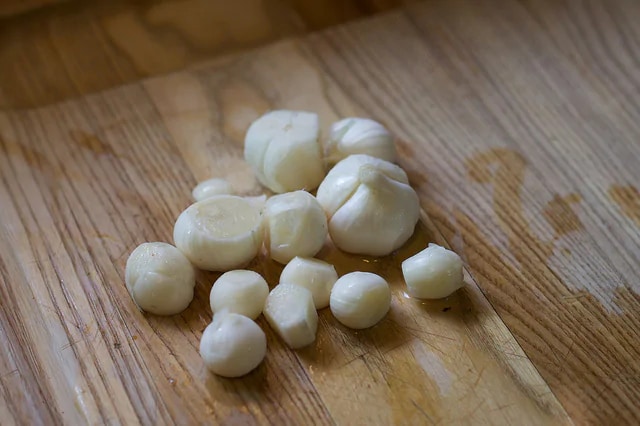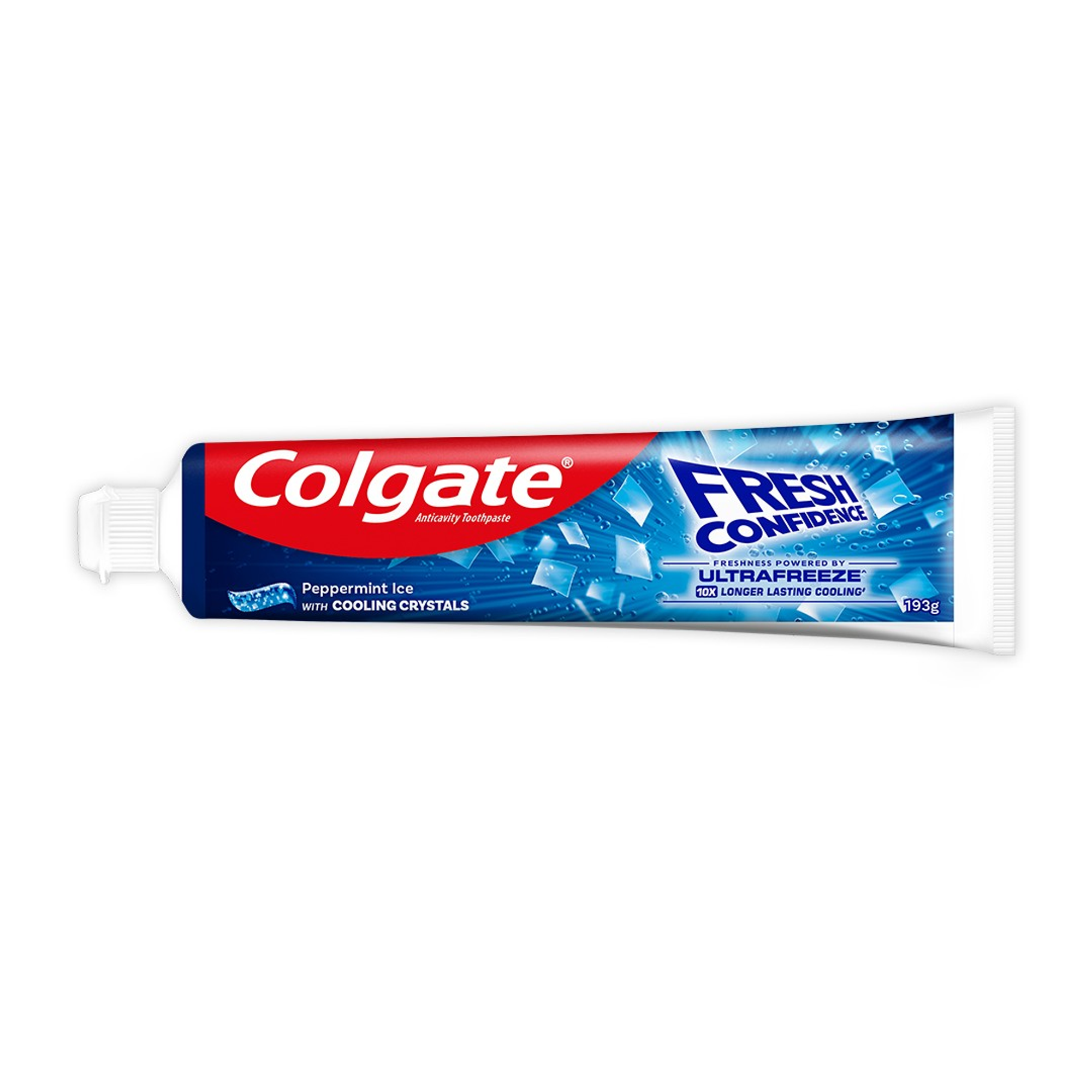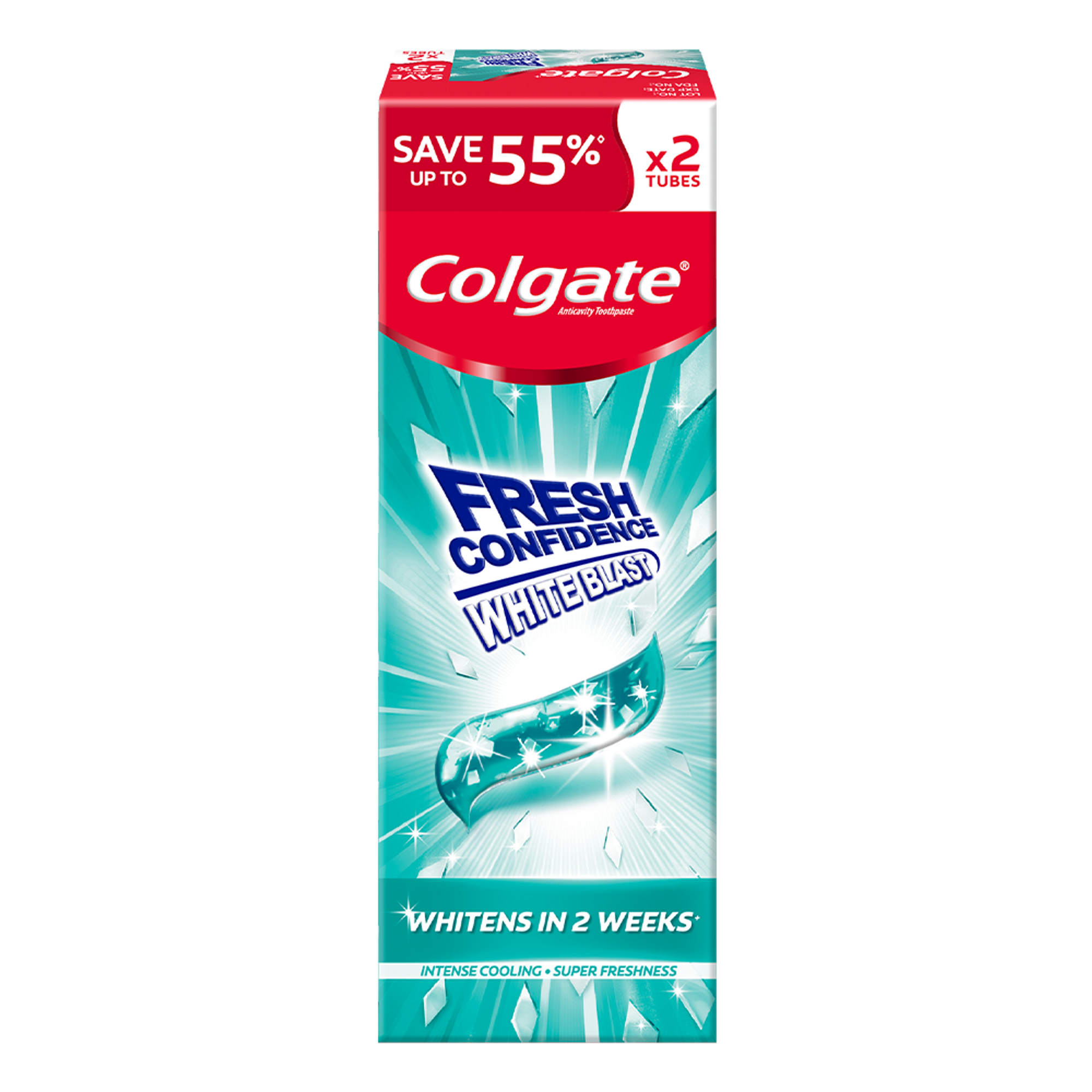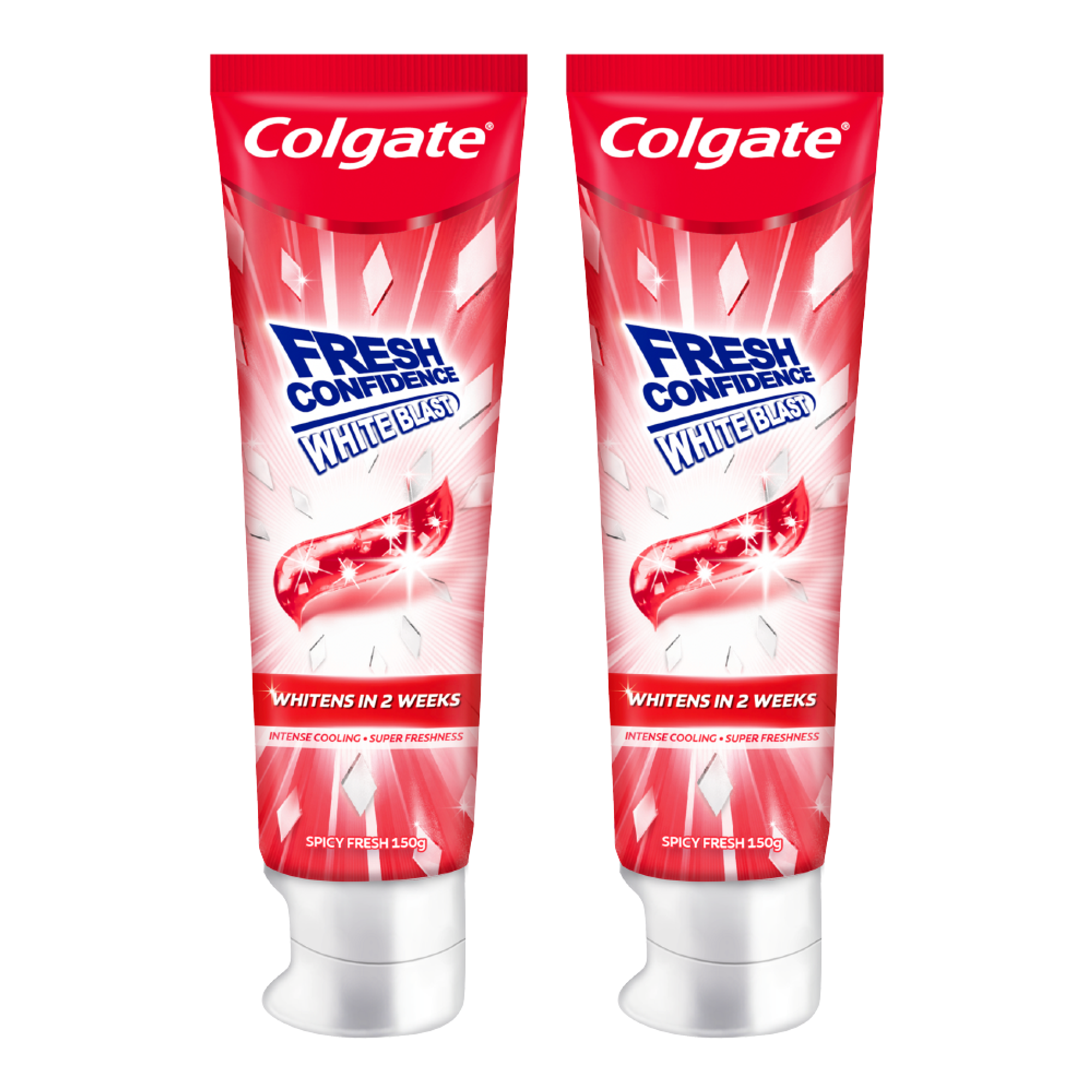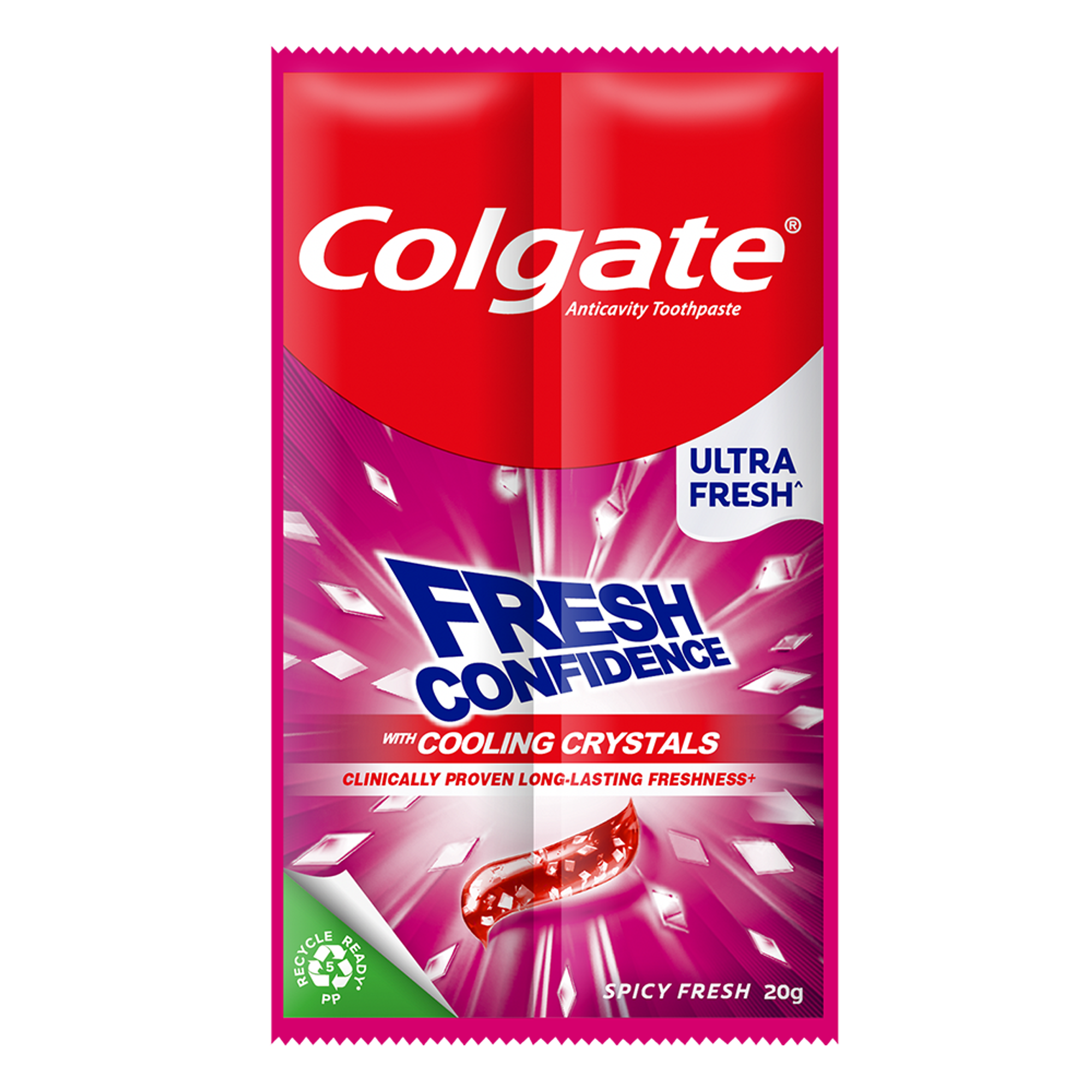Is Garlic Good for Toothache?
Toothaches can occur due to various factors like cavities, gum infections, tooth decay, teeth grinding, or excessive force while flossing. Toothache can disrupt your eating, sleeping, & focus. Visiting your dentist can offer a proper diagnosis and treatment plan but some may turn to traditional, at-home remedies when dental care is not available.
While there are various factors, here are some of the main reasons why you may be having tooth pain:
Tooth decay, also known as dental cavities, can be one of the most common causes of tooth pain.
Gum diseases can lead to inflammation and infection of the gums, which in turn leads to sensitivity and toothache.
Wisdom teeth can become impacted when there is not enough space. This can lead to swelling, pain, and discomfort, contributing to tooth pain.
Tooth sensitivity is often caused by exposed tooth roots. It can result in extreme pain and discomfort when exposed to hot or cold beverages or foods.
Dental abscess, an infection from untreated cavities, may require antibiotics, a root canal, or tooth extraction as your dental care provider recommends.
Why Garlic Works for Toothaches?
Garlic’s effectiveness lies in allicin, which gives garlic its strong odour. Allicin produces antibacterial properties that fight the bacteria that cause toothaches. Garlic also has antioxidant and anti-inflammatory properties that help ease tooth pain and swelling. For these reasons, garlic could be a helpful option for providing pain relief for aching teeth.
Throughout history, many cultures have recognized garlic's potential medicinal uses. A review in 2014 supports the effects of garlic and its extracts in a wide range of applications. It includes reducing cardiovascular disease risk, showing anti-tumour and anti-microbial properties, and benefiting blood glucose levels. This emerging evidence highlights garlic's therapeutic value across different diseases.
What Kind of Garlic to Use?
The allicin content in garlic can vary depending on how it is processed and prepared. Generally, fresh garlic contains higher levels of allicin when compared to other forms which is why it’s recommended to use fresh garlic for toothache relief and other medicinal purposes.
How to Use Garlic for Toothache?
You can use raw garlic in a few ways when it comes to toothache relief.
Place a peeled, raw clove of garlic directly on the affected area.
Create a paste using raw garlic, salt, and olive oil, and apply it to the affected tooth.
Garlic powder is a less potent alternative.
Some of the other side effects of using garlic for toothaches include:
Irritation and burning sensations
Bloating
Allergic reactions
Bad breath and odour
Heartburn
Acid reflux
Precautions for Using Garlic for Tooth Pain
Always consult your dentist if you experience any changes in your oral health, this includes tooth pain. And as a daily reminder, always seek the medical advice of a health professional before trying any new home remedies.
Here are some of the precautions that you could take while using garlic to treat tooth pain:
Avoid cramming garlic into the tooth: Be careful not to push the garlic too far into the tooth, especially if there is a cavity, as this may become lodged and cause discomfort.
Allergy to garlic: Some individuals may be allergic to garlic. If you are aware or suspect of having a garlic allergy, avoid using garlic as a remedy for tooth pain to prevent adverse allergic reactions.
Prolonged application: Do not apply raw garlic to the affected area for prolonged periods. Continuous use may cause skin irritation and pain.
Moderation in consumption: Use garlic in moderation to avoid potential stomach issues like nausea and indigestion.
Other Home Remedies for Toothaches
While temporary, some other effective home remedies that can provide relief for toothache pain until professional dental treatment is available:
Cold and heat therapy: Ice pack or cold compress reduces inflammation and numbs pain. Gentle heat promotes healing by relieving tension and increasing blood flow. Alternate hot and cold treatments for relief.
Saltwater mouthwash: Make a disinfectant mouthwash using a half-teaspoon of salt dissolved in warm water. Swish the saltwater rinse to help loosen trapped food particles around the affected tooth.
Pain relievers: Aspirin or ibuprofen can temporarily reduce swelling and pain in the affected area. They are over-the-counter anti-inflammatory pain relievers.
Peppermint tea bags: Peppermint can numb pain and potentially reduce swelling. Apply a warm tea bag to the affected tooth or refrigerate it for a cooling effect.
Thyme: Chewing fresh thyme can help reduce pain as it has antibacterial and antioxidant properties.
Aloe vera: Reduces pain and swelling with anti-inflammatory effects.
Wheatgrass: Contains antibacterial properties that can help fight off oral bacteria and reduce inflammation. Gargling or applying wheatgrass juice directly to the affected area may help alleviate toothache pain.
Hydrogen peroxide rinse: A diluted hydrogen peroxide mouthwash can reduce plaque, bleeding gums, and oral inflammation, but do not swallow the peroxide.
Vanilla extract: Contains alcohol, which has numbing properties that can help relieve toothache pain. Apply a small amount of vanilla extract directly to the affected tooth using a cotton swab.
Clove oil: Contains eugenol which has anti-inflammatory and antimicrobial properties to reduce inflammation. Dilute clove essential oil with a carrier oil and apply to the sore tooth with a cotton ball.
When to See a Dental Professional
While home remedies offer temporary comfort, they should not replace professional treatment. Use them only to manage pain until you get dental checkups.
Seek immediate dental attention if you experience any of the following:
Persistent pain
Swelling
Inflammation
Fever
Bleeding
While using garlic for temporary relief might come to mind, it is important to prioritize professional dental care for long-term solutions. Although garlic may help alleviate symptoms, it cannot address underlying dental issues. So, if you're experiencing persistent or severe tooth pain, seek immediate attention from a dental professional to effectively address the root cause of the problem.





